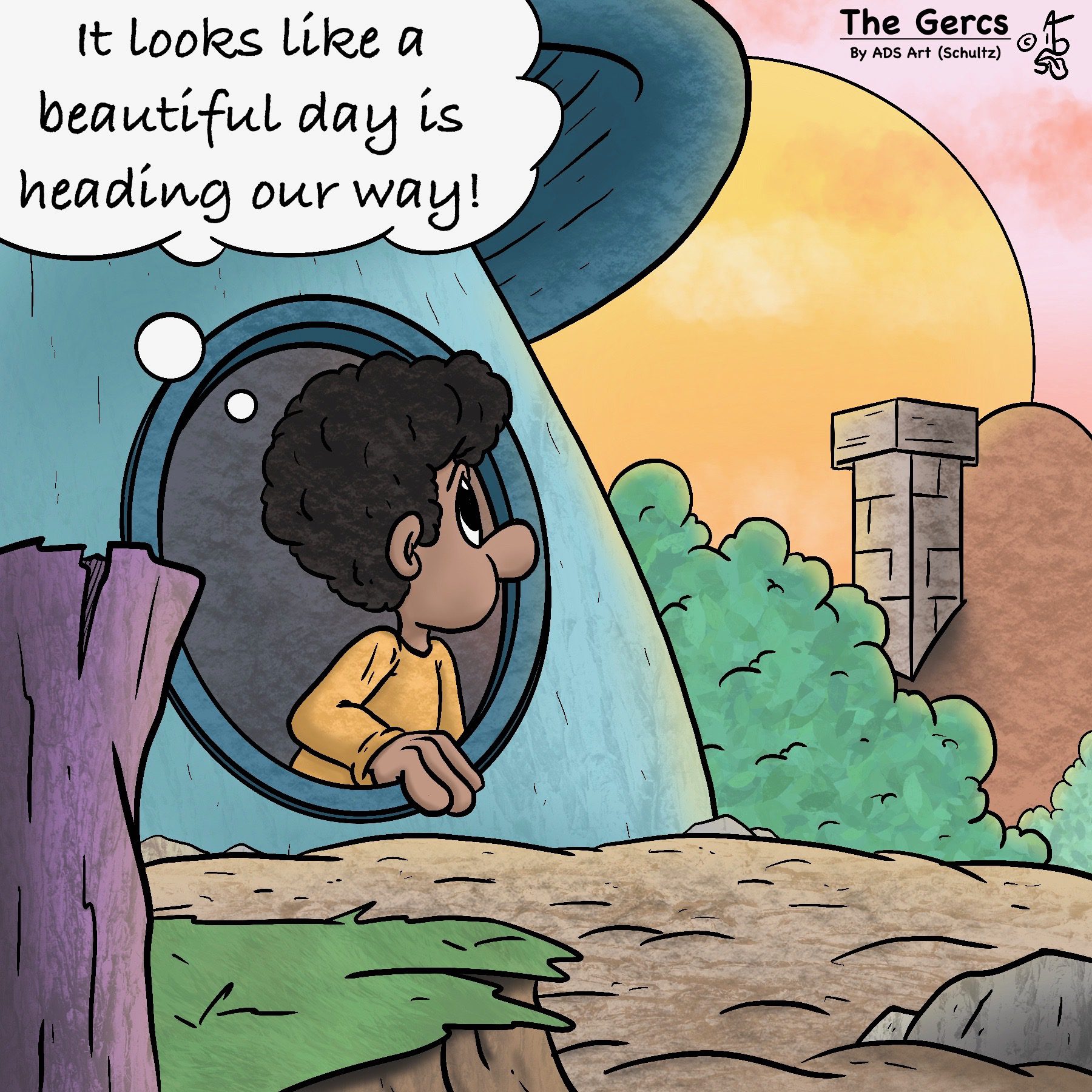Dear Readers,
Recently, a significant stride forward was made in Michigan. While we were going about our everyday lives, the governor of the state, Gretchen Whitmer, put her pen to a series of bills that effectively outlaw child marriage. This move ensures that no individual below the age of 18 can legally enter into a marriage contract within the state. This is to be celebrated.
Over the period of 2000 to 2022, Michigan recorded 5,495 instances of child marriage, according to state vital statistics. A staggering 86% of these marriages involved girls who were barely adolescents. The act of early matrimony robs these young individuals of their opportunity to fully experience their formative years.
Democratic State Senator Sarah Anthony, a prominent backer of one of the bills within the new legislation, voiced her concern about child marriage. She referenced numerous troubling instances of underage girls, some as young as 14 or 15, being wed to men many times their age. Anthony characterized these marriages as deeply unsettling, and expressed relief that laws are now in place to safeguard children from such situations.
The primary goal of the new legislation, Anthony explained, is to combat the potential abuse these girls can be subjected to within these forced marriages. She noted a significant lack of protections for victims of abuse, both physical and emotional, especially for those as young as 15 or 16, who found themselves trapped in such predicaments.
Before this pivotal legislation, the Michigan state law permitted 16 and 17-year-olds to marry if they had parental or guardian consent. Those below 16 could also be married but required both the approval of a judge and consent from at least one parent or guardian.
The national landscape of child marriage in the U.S. remains problematic, despite these recent advancements. Tens of thousands of children as young as 12 have been married since 2000, primarily girls wed to adult men. These marriages often lead to a vicious cycle of poverty, health issues, and education deficiencies due to early childbearing and a high rate of school dropout. Furthermore, girls who marry before 18 are at increased risk of experiencing domestic violence and have significantly higher psychiatric disorders than their peers who marry at a later age. The legislation passed in Michigan forms a vital step in breaking this cycle and sets an example for other states to follow.
Global Ramifications
Worldwide the issue exists and UNICEF writes about the issue often. Can you imagine your 12 year old in a marriage with someone that is 50? You’re absolutely right because I know that you said, “No, way.” Child marriage is a global problem that cuts across countries, cultures, religions, and ethnicities. Despite laws against it, the practice remains widespread, in part because of persistent poverty and gender inequality.
Here are some more detailed points to further outline this issue from a global perspective:
Child marriage, defined as marriage before the age of 18, is considered a fundamental infringement of human rights by UNICEF, the United Nations Children’s Fund. This global organization was created by the United Nations General Assembly in 1946 to provide emergency food and healthcare to children in countries devastated by World War II. Today, UNICEF works in over 190 countries and territories to save children’s lives, defend their rights, and help them fulfill their potential, from early childhood through adolescence.There are numerous factors that contribute to child marriage, which predominantly affects girls but is recognized as a rights violation for all genders.
These include:
- **Economic Hardship**: Many families living in poverty see child marriage as a survival strategy, reducing the family’s economic burden and possibly earning them a dowry or ‘bride price’.
- **Gender Disparities**: Societal norms often value men’s roles over women’s, leading to the expectation that girls should take on the role of a wife and mother early.
- **Perceived Safety**: Parents sometimes believe that early marriage can shield their daughters from harm, such as physical or sexual violence, and safeguard family honor.
- **Cultural and Religious Beliefs**: In various cultures and religions, child marriage is an accepted tradition that often isn’t questioned. While cultural diversity is important, child rights advocates maintain that cultural practices shouldn’t be allowed to infringe upon a child’s rights.
- **Lack of Education**: Girls not in school are at a higher risk of being married off, while those in school are likely to marry later in life. Hence, education is a critical element in preventing child marriages.
- **Insufficient Laws and Implementation**: Even though many countries legally set the minimum age for marriage at 18, these laws are often overlooked or exceptions are made for parental consent or customary practices.
The repercussions of child marriage for girls are often grave. The likelihood of early pregnancies, potentially leading to serious health issues for both mother and child, rises. The risk of experiencing domestic violence and contracting HIV and other sexually transmitted diseases is also higher.
Combating child marriage necessitates concerted efforts from all levels of society. This includes not only the enforcement of existing laws against child marriage but also enhancing access to quality education, advocating for gender equality, and challenging detrimental cultural norms.
Education helps alleviates poverty and it can greatly contribute to eradicating child marriage. UNICEF’s goal is to eradicate child marriages by 2030.
For more information on child marriage and what can be done to prevent it, you can visit the UNICEF website at www.unicef.org. They provide comprehensive resources on this issue, as well as other child rights issues around the world. Thank you Michigan for being progressive.
This was originally printed in the
July 23, 2023 – August 5, 2023
Vol. 22 No. 14 edition




